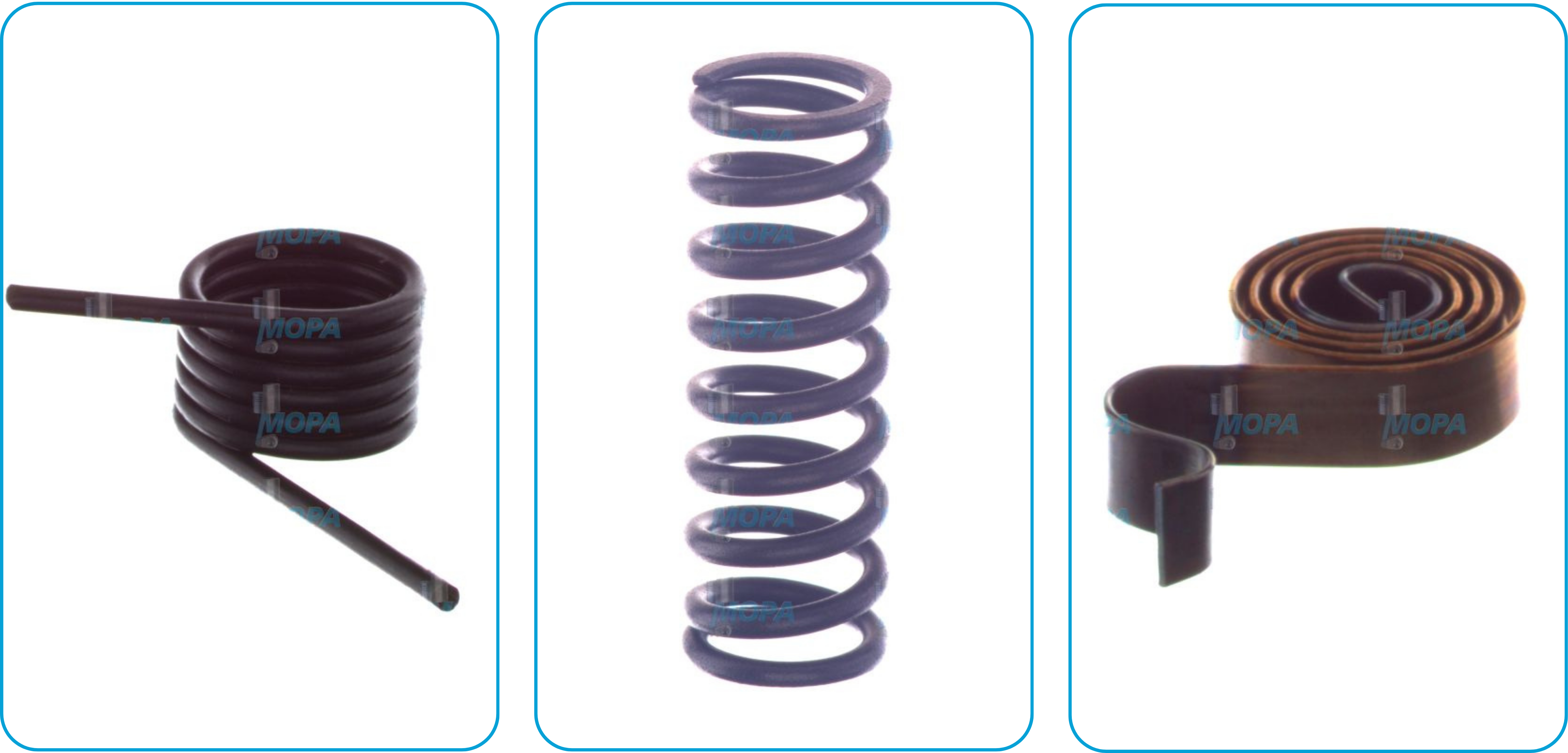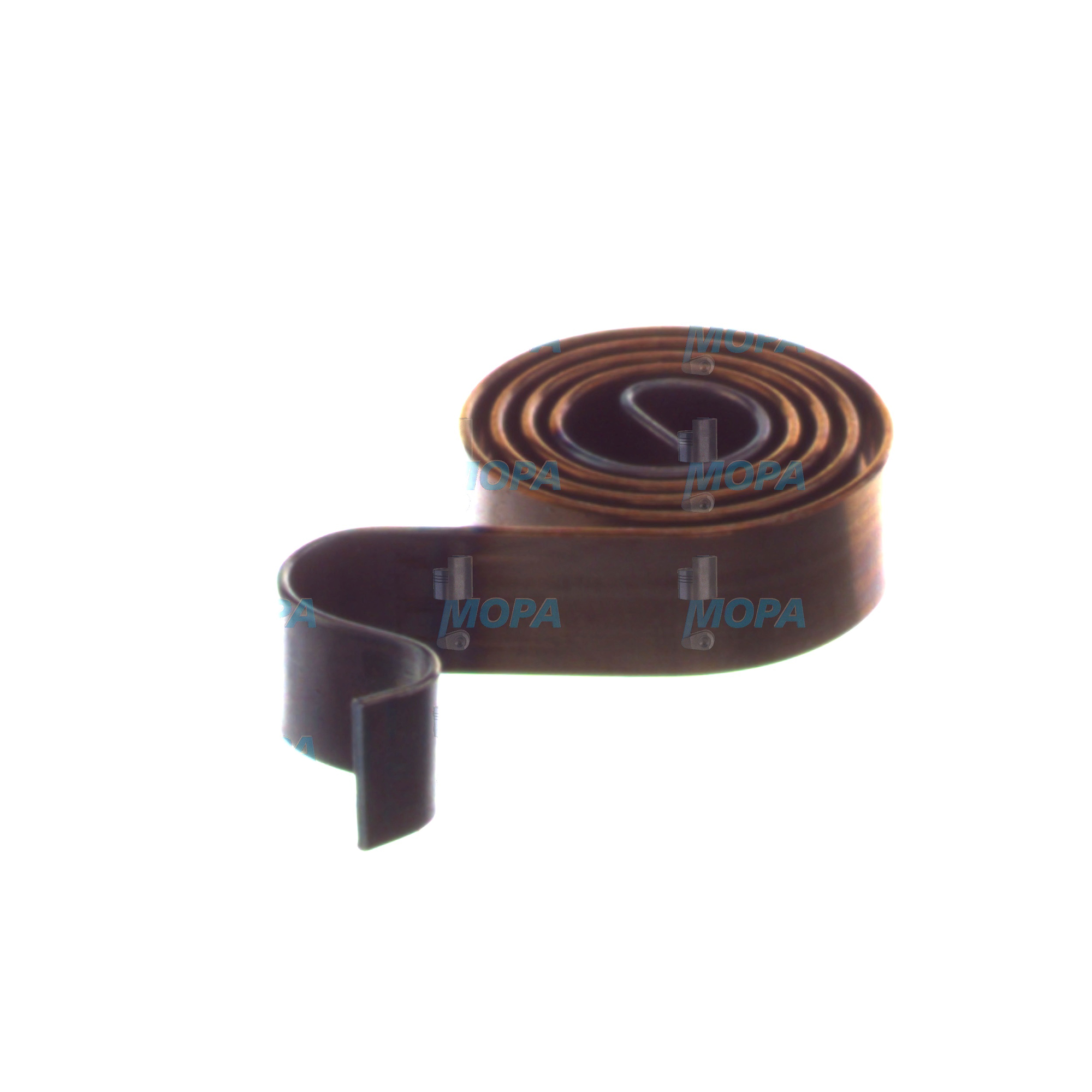Machine springs – precision components for mechanical systems
Machine springs are critical components in mechanical and engine systems. They store, release or balance mechanical energy and are essential in applications ranging from automotive engines to industrial machinery and marine equipment. Whether as a pressure spring or a technical spring for dynamic loads, high-quality machine springs help maintain system reliability and performance stability.
Function and benefits
Machine springs absorb and compensate forces in motion and pressure systems. In engines, engine springs play a vital role in valve timing, vibration damping and tension control. Using the right spring engine configuration ensures:
- Consistent force distribution and mechanical balance
- Vibration reduction in dynamic systems
- Longer lifespan of mechanical assemblies through controlled stress absorption
In marine applications, marine springs must also withstand corrosion and dynamic pressure changes in saltwater environments.
Types and applications of machine springs
There are many types of machine springs, including compression springs, tension springs, torsion springs and disc springs. Depending on the function, technical springs are tailored in size, material and force characteristics. The pressure spring is one of the most common forms and is used to generate resistance or restore position in systems.
In the spring engine context, applications include valve return mechanisms, clutch systems, tensioners and control linkages. The engine spring valve in particular is critical for precise valve control in combustion engines.
Material selection and durability
Machine springs are typically made from high-grade spring steel, stainless steel or special alloys with high fatigue resistance. The selection depends on temperature, load cycles, corrosion exposure and required elasticity. In a marine spring environment, surface coatings or non-corrosive materials such as phosphated or shot-peened spring steel are standard.
All technical springs must meet strict tolerances to ensure predictable load behavior and long-term performance – especially when used in sensitive applications like engine springs or mechanical valves.
Replacement and availability
Machine springs are subject to wear, stress fatigue and corrosion. Regular inspection and preventive replacement are crucial, especially for parts under high mechanical load. We offer a wide range of OEM-compatible machine springs suitable for MTU, Deutz, MAN, Volvo Penta, and MWM engines.
Whether you're sourcing an engine spring valve, a technical pressure spring or a marine spring for critical offshore systems – our stock ensures fast availability and professional-grade reliability.

FAQ
What is machine springs?
Machine springs are mechanical components that store and release energy through deformation. They are used in engines, machines, and technical assemblies to manage motion, absorb shock, and maintain tension or compression in a system. Common types include compression, tension and torsion springs.
How do machine springs work?
Machine springs work by compressing, extending or twisting under load, then returning to their original shape. In an engine, for example, engine springs help open and close valves (engine spring valve), maintain belt tension, or absorb vibration. A pressure spring resists force to hold components in position or restore them to a starting point when the load is released.










